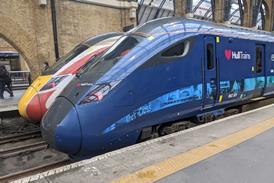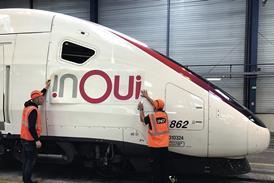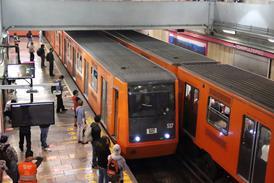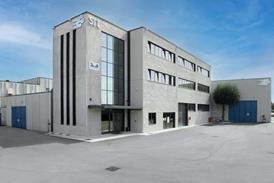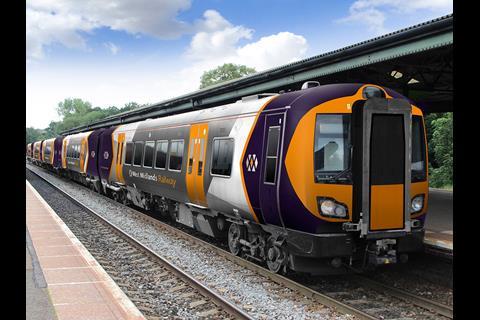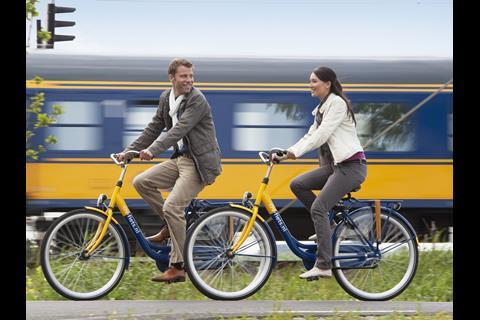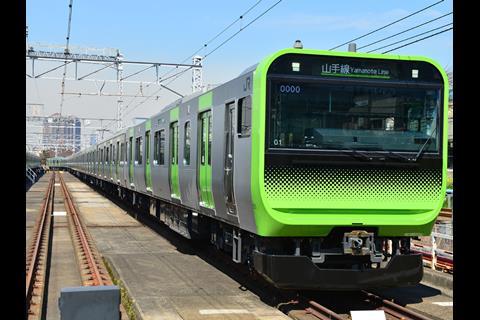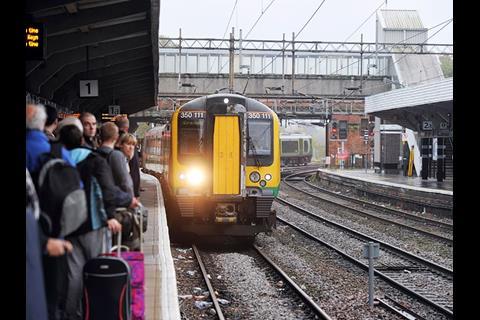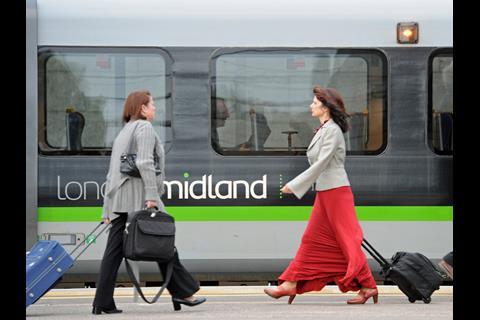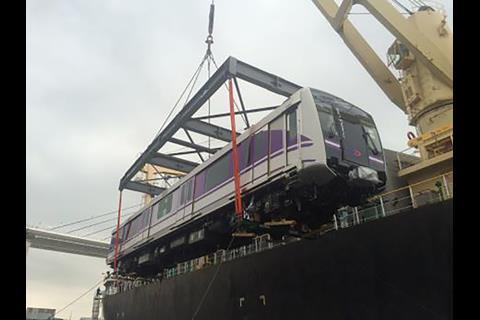UK: The West Midlands Trains Ltd consortium led by the Abellio subsidiary of Dutch national operator NS (70·1%) and the JREM Train 50:50 joint venture of East Japan Railway and Mitsui & Co (29·9%) was named preferred bidder for the West Midlands franchise by the Department for Transport on August 10.
The franchise covers the operation of services carrying around 74 million passengers/year on a 900 km network which includes regional services on the West Coast Main Line between London Euston, Birmingham, Crewe and Liverpool, and local services in the West Midlands area. The current franchise has been operated under the London Midland brand since 2007 by the Govia joint venture of Go-Ahead (65%) and Keolis (35%). Govia had also been shortlisted for the new contract, along with Hong Kong’s MTR Corp which subsequently withdrew from bidding.
£1bn investment
The new franchise runs from December 2017 until March 2026. ‘We will be investing nearly £1bn into the network, delivering new trains, better stations and a whole host of other benefits for passengers’, said Abellio UK Managing Director Dominic Booth. This will include:
- 100 new coaches for Birmingham’s Cross-City Line and 80 for the Snow Hill Line by 2021. Discussions are currently underway to select a supplier. The Cross-City Line would have ‘metro style services’ using high-capacity vehicles similar to those used on London Overground with wide doors and a focus on standing room.
- 225 new vehicles for London services by 2021, with others to be refurbished;
- ‘Modern trains’ for the St Albans Abbey line;
- An extra 20 000 extra rush-hour seats in Birmingham, and 10 000 extra seats and standing room for 5 000 more passengers in London;
- Various additional services, including on Sundays;
- Free wi-fi on all main line services by the end of 2019;
- Mobile and laptop charging points on all London services by May 2021;
- Smart ticketing with ‘better value tickets for part-time workers’, and smart cards for the Northampton - London and St Albans Abbey lines;
- Refunds of 25% for delays of more than 15 min, as well as the current 50% for 30 min and full refunds after 60 min;
- Improved services for passengers requiring assistance;
- Live capacity information via mobile devices;
- A closer partnership between the operator and infrastructure manager Network Rail;
- £70m investment in new and existing depots;
- £60m of station improvements including additional parking spaces for 1 000 cars and 2 500 bicycles, and a cycle hire scheme;
- 800 real-time information screens at 150 stations;
- Feasibility studies for new stations in the West Midlands.
Local management
Services operating within the West Midlands area will be jointly managed by the Department for Transport and the West Midlands Rail consortium of 16 local authorities, and the rolling stock on these routes will carry a West Midlands Railway livery to create a distinct brand.
‘We want to see a new golden era for our local trains’, said Andy Street, Mayor of the West Midlands. ‘Having the ability to use our local knowledge and understanding to shape what West Midlands Trains will deliver for passengers under this franchise has also been a game changer.’
RMT General Secretary Mick Cash said the trade union would ‘fight any moves to de-staff trains and stations on the new franchise’.
Japanese partners
Mitsui & Co has diversified interests in sectors including infrastructure, transport, energy, IT and communications in around 65 countries. It acquired a 40% stake in the UKs Abellio-led Greater Anglia franchise in March 2017, and said it intends to establish a track record in the UK passenger rail market as a basis for expansion into other transport modes and sectors including commerce and property.
JR East said the franchise would be the first time it has been involved in the operation of passenger services outside Japan. The company carries 17 million passengers per day in Japan - compared to total daily ridership of 4·6 million a day on the UK’s National Rail services - and says it operates the busiest station in the world in Tokyo. The group is seeking to develop business outside Japan as part of its ‘Ever Onward’ strategy. This includes the supply of metro trainsets to Bangkok and providing technical support for high speed rail planning in India.

